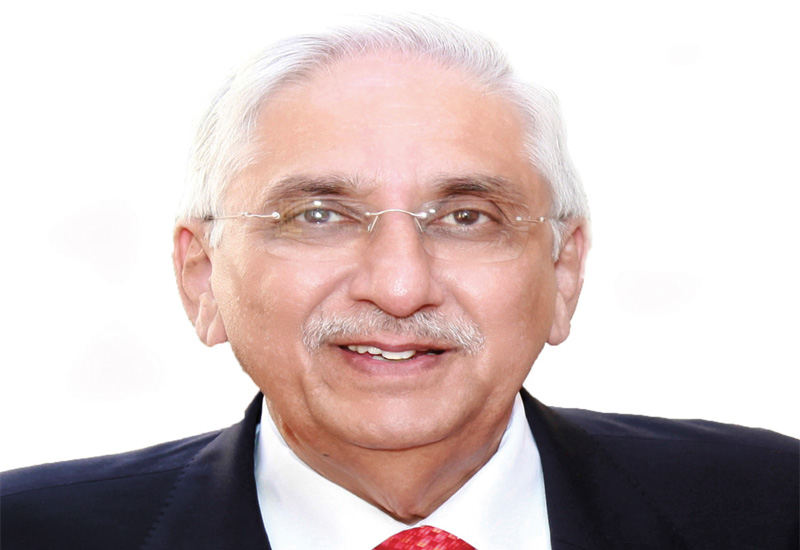Over the last four decades the F&B industry throughout the world has seen a remarkable growth in every aspect of the trade. The markets have opened allowing restaurants and fast food chains to rise from small home-grown concepts into globally renowned brands.
In the early 70s, dining out was a social activity rarely practiced. The UAE had almost zero to none of the international franchises in those days. Most restaurants were small and locally owned; the choices were limited and so was the demand. Over the past two decades this has changed; dining out has become an intrinsic part of modern culture, with high demand and fierce competition to beat.
The growth in the UAE itself has been extraordinary; with several home-grown brands, the country is seeing an influx of some of the best and most popular international names from the F&B industry in the world. Franchising has also become a major player in the UAE.

| Advertisement |
However, the labour and licensing laws along with increasing global competition in the country has left home-grown restaurants under immense pressure to survive. One of the biggest challenges the industry in Abu Dhabi is facing is staff recruitment and retention. With the labour law amended from providing a minimum three years employment visa to two years, restaurant owners have to constantly be on the hunt for new staff.
Another challenge faced in retaining team members, which has affected the standalone restaurants, is the removal of the 10% service charge. Gratuity is one of the most important tools to keep the service-based industry growing and flourishing. The 10% service charge helped independent restaurants divide a fair amount of gratuity between its kitchen and service team members, which in return helped keep them motivated. Not to mention the non-monetary motivational tools implemented. It also went a long way in solving the staff retention problem.
Another concern is the licensing and approval laws in the capital, which make it a challenge for business owners to remain within budget.
The law requires the F&B outlet to first construct and then get ADFCA approvals. In case there are any changes required in the design, time and money is again invested in redesigning and reconstructing. With tight budgets, valuable funds are lost in reconstructing, leading to delayed projects, fines from landlords, and so on.
Fastening the approvals, inspections and licensing laws would be encouraging and helpful for this particular industry to expand and rise. There have been times when a restaurant is ready to open, but is delayed for 10 months due to inspections and clearances. This is a lot of revenue lost to business owners.
Another issue is price caps, which, in the F&B industry, are unhealthy. It’s extremely difficult to control commodity prices in a country like the UAE where approximately 85% of its food supply depends on imports and hence the prices are entirely dependent on the world market.
In a market like the UAE, where rents, overheads and food costs are extremely high, price caps on beverages (for non-tourism outlets) have a great adverse impact on the earnings. Making ends meet becomes the call of the day, and in the end F&B business owners lose revenue. Beverages and other items are priced after thoroughly studying and researching the market. While tourism licensed outlets are allowed to keep higher prices, others may have to face heavy fines for keeping up with the current market scenario.
It’s beyond doubt that UAE laws ensure the highest standards when it comes to hygiene and food quality, with compulsory HACCP training for team members, laying out guidelines to follow, regular inspections and strict laws. Operators should look at this from the ‘health & safety’ point of view. But along with these achievements we need to come up with sustainable policies and plans that also support and nurture local products.
As a veteran of Abu Dhabi for 44 years, I am proud to see the UAE become more conscious and protective of its available resources. Banning overfishing by educating consumers and restaurant owners alike to avoid consuming or selling endangered species of fish is a positive step.
This can go as far as the new ADDC bills commercial owners receive, informing them of when tap water is overused. This, along with one’s consciousness and genuine concern, will impact the UAE in a very positive manner for years to come.
Vinay Varma is the founder and MD of The Royal Orchid Group, Abu Dhabi. He has 47 years’ experience in the F&B industry in UAE, USA and India. He opened Abu Dhabi’s first fine dining Indian restaurant 28 years ago.









 Search our database of more than 2,700 industry companies
Search our database of more than 2,700 industry companies









